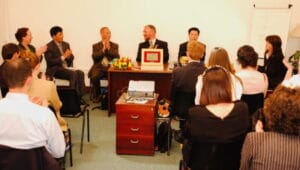
Can I study Medical Qigong at the ICTCM in Dublin?
When people contact us at the Irish College of Traditional Chinese Medicine in Dublin they often ask, “Can I study Medical Qigong at your College”? The answer is Yes, provided ...
Stay up to date with the latest news and events from the ICTCM

When people contact us at the Irish College of Traditional Chinese Medicine in Dublin they often ask, “Can I study Medical Qigong at your College”? The answer is Yes, provided ...
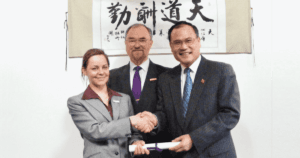
How did a Finnish woman end up being a teacher and Clinical Supervisor at the ICTCM in Dublin? I have always been drawn to teaching – my younger sister knows ...
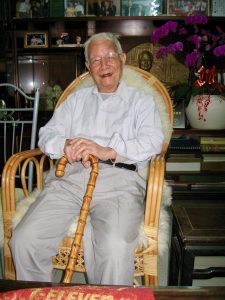
Dr Deng Tietao was a great friend and supporter of the Irish College of TCM. He died, earlier this month, at the age of 104, although as explained in his ...
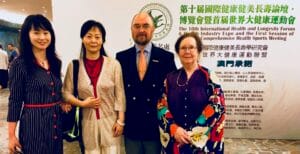
During our recent visit to Hong Kong, Guangzhou and Macao we were delighted to meet old friends in the TCM and Qigong field, and to make new ones. At a ...
Professor Tom Shanahan and Registrar Mary Plunkett have each been invited to make a presentation at the Nei Dao Qigong Symposium being held in Rome in October 2017. Each presentation ...
Congratulations to Daisy Xia – Daughter of our Qigong Masters Professor Song Xinhong and the late Professor Xia Shuangquan- on her graduation with a DACM from the Southern California University ...
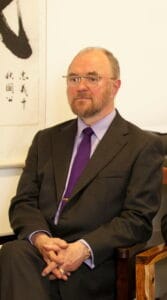
The Founder and Director of the Irish College of Traditional Chinese Medicine (ICTCM), Prof. Thomas Shanahan, recently had great pleasure in accepting the position of Vice-chairman of a Specialist Committee ...
The ICTCM’s Director, Professor Tom Shanahan, took part in an interview with Newstalk’s reporter Henry McKean on Friday 31st January 2014. Professor Shanahan contributed to a feature celebrating the Chinese ...
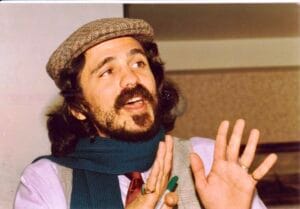
In late 1987 the Irish College of TCM was greatly honoured to invite Dr Ted Kaptchuk, the author of “Chinese Medicine – The Web that has no Weaver,” to give ...